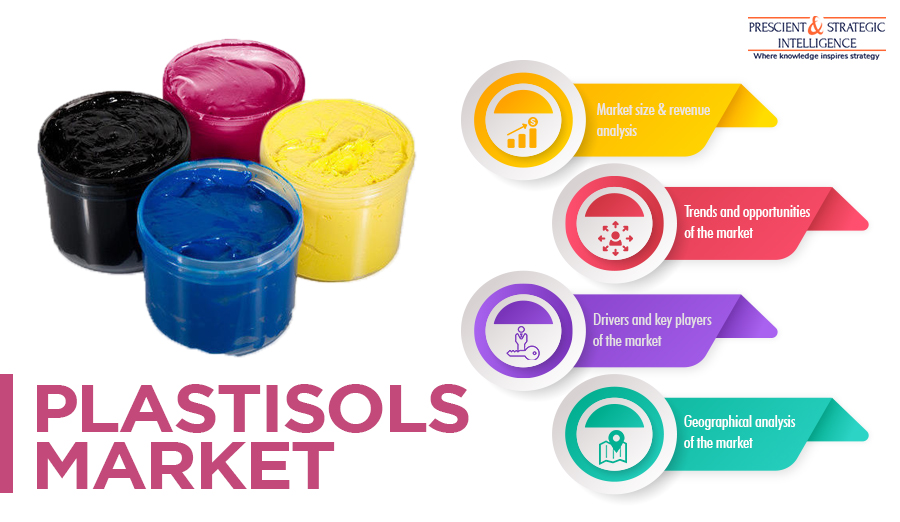Plastisol has gained significant attention for its versatility, durability, and wide range of applications. Plastisol is a type of colloidal dispersion consisting of small polymer particles, typically polyvinyl chloride, suspended in a liquid plasticizer. Upon heating to approximately 180 °C, the plastic particles undergo a process of plasticizer absorption, leading to their swelling and subsequent fusion. This fusion results in the formation of a viscous gel.

Uses of Plastisol
Coatings
Plastisol is commonly in various coating applications as they offer excellent insulation, outstanding chemical resistance, and corrosion resistance to the product.
Plastisol coating can be applied through numerous methods for instance cold dip coating and hot dip coating. Plastisol is mostly used to coat products and equipment such as levers, tools, handles, exercise equipment, and more.
Textile Screen Printing
Plastisol serves as an ink designed for screen printing on textiles. It is widely employed as the primary choice for printing designs on garments, particularly when aiming for opaque graphics on dark fabrics.
Plastisol inks do not dissolve in water. They consist of polyvinyl chloride (PVC) particles suspended in a plasticizing emulsion. If left on the screen for extended periods, the ink will not dry. However, it is not necessary to wash the garments after printing. Plastisol inks are highly recommended for printing on colored fabric. When used on lighter fabric, plastisol exhibits remarkable opacity and, with proper care, can maintain a vibrant image for many years.
Moreover, due to the high utilization rate of screen-printing inks across Asian countries, the sales of plastic inks will increase in the years to come.
Moldings
Plastisol is used in slush molding, a technique between resin casting and injection molding.
Metal molds offer the benefit of producing a limitless number of castings. Metal molds are not affected by heat, making them highly durable. Furthermore, metal molds enable for grouping several parts within a single mold cavity and multiple mold cavities within a mold, enabling faster production.
Adhesives and Sealants
Plastisol is a type of liquid dispersion consisting of finely divided thermoplastic resin, typically polyvinyl chloride or acrylic resin, blended with a plasticizer. These mixtures have a high viscosity and, upon heating, become homogenized so that a single solid phase results. Upon cooling, the plastisol transforms into a durable material with favorable physical properties.